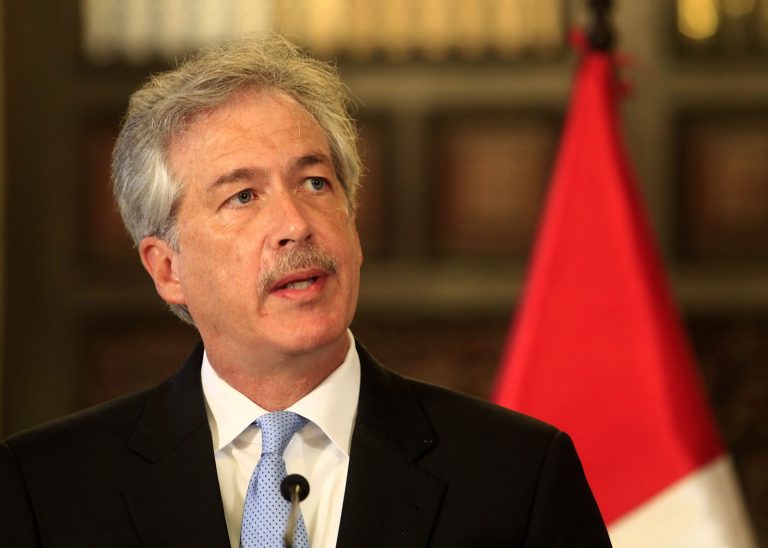William Burns, President Biden’s nominee for the Director of CIA, has a history of working with entities tied to the Chinese Communist Party. A report by the Republican Study Committee (RSC) on Biden’s weaknesses detailed Burn’s previous affiliations with the Chinese regime members.
While serving as president of the Carnegie Endowment board for International Peace, Burns welcomed into the board a Chinese businessman named Zhang Yichen, with links to two CCP entities; the Center for China Globalization and the Chinese People’s Political Consultative Conference. Yichen donated between $750,000 and $1.5 million to Carnegie.
Carnegie also received millions of dollars from another CCP-backed organization called China-U.S. Exchange Foundation (CUSEF) is responsible for the United Front (a group that advances CCP interests) work in the United States. Carnegie received the money to build the Carnegie-Tsinghua Center in Beijing.
Burns testified that he had cut ties with CCP Regime
At the Senate Intelligence Committee Hearing, Burns testified that he had cut out all ties that Carnegie held with CUSEF shortly after becoming president in March 2015. The 64-year-old affirmed China’s position by saying that they are a formidable authoritarian adversary. He accused the communist regime of repressing its people, bullying neighbors, and advancing capabilities for stealing intellectual property.
Success
You are now signed up for our newsletter
Success
Check your email to complete sign up
Burns said, “I think the evolutions of Xi Jinping’s China over the last six or seven years has been a very sharp wake-up call… The kind of aggressive, undisguised ambition and assertiveness, I think, has made very clear the nature of the adversary and the rival that we face today… We have to buckle up for the long haul in competition with China…”
“This is not like the competition with the Soviet Union in the Cold War, which was primarily in security and ideological terms. This is an adversary that is extraordinarily ambitious in technology and capable in economic terms as well,” he said at the meeting.

However, Burns’ claim of cutting ties with CUSEF falls flat since Carnegie hosted a speech by the founding chairman of CUSEF Tung Chee-hwa in May 2016, just 14 months after Burns became president of the organization. During his speech, Tung pushed the Chinese propaganda on the South China Sea, characterizing Beijing as a non-aggressor. He reiterated CCP claims of the disputed Spratly Islands being Chinese territory and accused neighbors, the Philippines and Vietnam, of acting aggressively.
Iran and India
In addition to having a history with the CCP, Burns is also known to be antagonistic towards Indian PM Narendra Modi, with whom former President Donald Trump had a strong relationship. In an article that he wrote in The Atlantic magazine last year, Burns called both leaders as promoting intolerance in society.
“As intolerance and division in both societies erode their democracies, I fear that the leaders may reinforce each other’s worst instincts… [Modi, like Trump, is] skilled in the business of political showmanship, with a keen eye for the vulnerabilities of established elites, and for the dark art of stoking nativist fires,” he had written in the article.
Burns is also a strong critic of Trump’s aggressive Iran policy, condemning him for pulling America out from the 2015 Iran nuclear deal. The Biden administration has signaled a willingness to reenter the 2015 deal with Iran on the original agreement’s terms.
Follow us on Twitter or subscribe to our email list
















